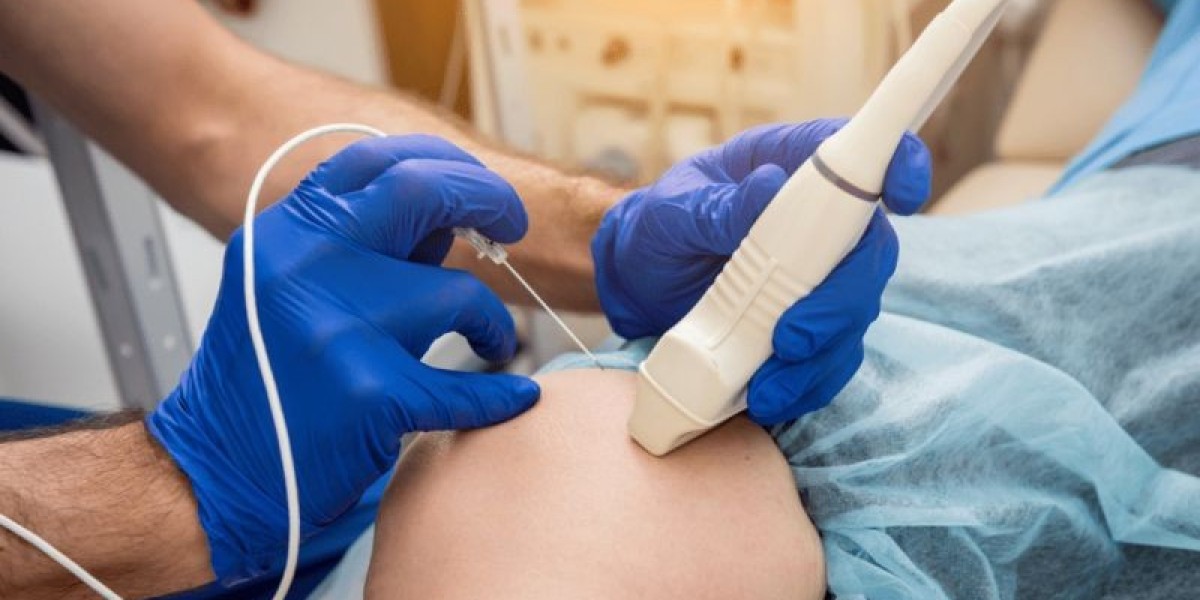In recent years, EMG (Electromyography) and NCV (Nerve Conduction Velocity) studies have become essential tools in diagnosing various neurological conditions, including Carpal Tunnel Syndrome (CTS). At COMP-MD, we focus on providing comprehensive assessments to help patients understand their symptoms and receive accurate diagnoses. CTS is a common condition that can significantly impact daily life, making it crucial to utilize advanced diagnostic techniques to confirm the presence of the disorder.
:max_bytes(150000):strip_icc()/GettyImages-559539269-00c0f036aadc490ca0ff57d78074eac4.jpg)
Understanding Carpal Tunnel Syndrome
Carpal Tunnel Syndrome occurs when the median nerve, which runs through the wrist, becomes compressed. This compression can lead to a range of uncomfortable symptoms, including numbness, tingling, and weakness in the hand, especially affecting the thumb and first three fingers. These symptoms often worsen at night or during activities that involve repetitive wrist motions. Understanding the signs of CTS is vital for individuals to recognize when they should seek medical help, as early diagnosis can lead to more effective treatment.
The Role of EMG and NCV Studies
EMG and NCV studies play a crucial role in evaluating the electrical activity of muscles and the speed of nerve signals. During an EMG, electrodes are placed on the skin to measure the electrical activity of muscles when they contract. NCV studies, on the other hand, assess how quickly electrical impulses travel through the nerves. Together, these tests provide valuable insights into the function of the median nerve and can help determine whether it is being compressed. At COMP-MD, we utilize these studies to gather essential information that aids in diagnosing CTS accurately.
How EMG/NCV Studies Diagnose Carpal Tunnel Syndrome
One of the primary benefits of EMG/NCV studies is their ability to differentiate Carpal Tunnel Syndrome from other conditions that may cause similar symptoms, such as peripheral neuropathy or tendonitis. By identifying nerve compression and assessing its severity, these tests provide a clearer picture of the underlying issue. COMP-MD employs these diagnostic tools to ensure that patients receive a precise diagnosis, which is critical for determining the appropriate course of treatment and avoiding unnecessary interventions.
Preparing for EMG/NCV Studies
Preparation for EMG/NCV studies is essential for obtaining accurate results. Patients should be aware of what to expect before the tests, including potential lifestyle modifications like avoiding caffeine and certain medications. Additionally, wearing loose-fitting clothing can make the process smoother. At COMP-MD, we aim to guide patients through this preparation, ensuring they feel comfortable and informed about the procedures, which helps alleviate any anxiety they may have.
Interpreting the Results
Once the EMG/NCV studies are completed, understanding the results is crucial for both diagnosis and treatment planning. Abnormal results may indicate nerve compression, while normal results can help rule out CTS or point to alternative conditions. At COMP-MD, our specialists take the time to review these results thoroughly with patients, ensuring clarity about what they mean for your health. This step is vital for developing an effective treatment plan tailored to your individual needs.
Treatment Options Following Diagnosis
After diagnosing Carpal Tunnel Syndrome through EMG/NCV studies, several treatment options are available. These may include conservative management strategies such as splinting, physical therapy, or corticosteroid injections. In more severe cases, surgical intervention might be recommended to relieve pressure on the median nerve. COMP-MD focuses on creating personalized treatment plans based on individual needs and circumstances, guiding patients toward the best possible outcomes.

Conclusion
EMG/NCV studies are invaluable tools in diagnosing Carpal Tunnel Syndrome, offering insights that lead to accurate assessments and effective treatment plans. At COMP-MD, we are dedicated to providing thorough evaluations and personalized care to help you manage your symptoms and improve your quality of life. If you suspect you have CTS, don’t hesitate to reach out to us for a comprehensive evaluation.
FAQs
What are the typical symptoms of Carpal Tunnel Syndrome?
Common symptoms include numbness, tingling, and weakness in the hand, particularly in the thumb and first three fingers. These symptoms may worsen at night or during activities that involve repetitive wrist motions.
How long do EMG/NCV studies take?
Typically, the studies take about 30 to 60 minutes, depending on the complexity of the evaluation.
Are EMG/NCV studies painful?
While some discomfort may be experienced during the tests, they are generally well-tolerated by patients. The sensation is often described as a mild prick or tingling.
How quickly will I receive the results?
Results are usually available within a few days, and COMP-MD will schedule a follow-up appointment to discuss them.
What should I do if I suspect I have Carpal Tunnel Syndrome?
If you experience symptoms, it’s important to consult a healthcare provider, who may refer you for EMG/NCV studies at COMP-MD.









